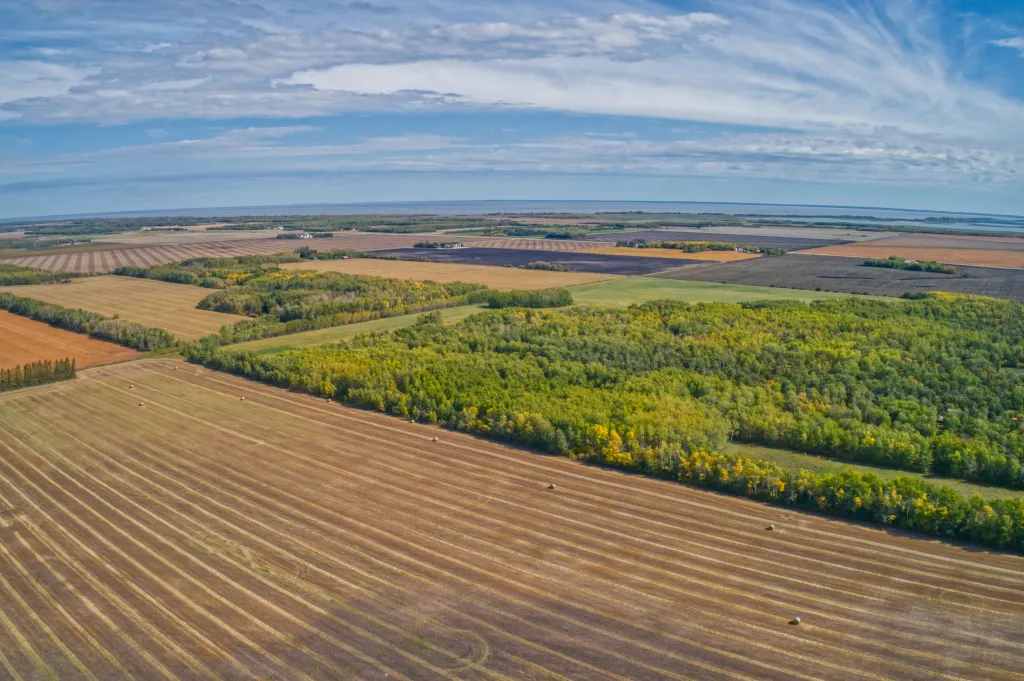As independent entrepreneurs, farmers are hard wired to innovate and adapt to the everyday variability that is inherent to farming. And most farms look to advisors – bankers, accountants, agronomists, nutritionists and veterinarians – for their expertise in the daily operation of the business. There might also be times when your farm business could benefit from establishing and formalizing an advisory board of experts outside your usual circle.
What is a farm advisory board?
“The role of an advisory board can be anything the farm wants it to be – dealing with a big acquisition, an expansion, farm transition or human resources,” says Terry Betker, farm management consultant and owner of Backswath Management in Winnipeg, MB. “Maybe you’re looking for input on big picture decisions for your farm.”
Betker has been advising farm businesses for more than 30 years, including the use of advisory boards, and he’s also had a place around the table on several farm advisory boards.
How can an advisory board help your business?
For Leighton Kolk, the decision to bring in outside advisors grew out of monthly meetings he and his family were already holding as part of the overall management of Kolk Farms Ltd – a diversified beef feedlot, irrigated cropping operation, seed cleaning and retail family business in Iron Springs, AB.
“After about a year or two of our regular family business meetings, I wondered about bringing in another perspective because it’s pretty easy to get tunnel vision,” says Kolk, owner, CEO and chair of the advisory board.
The expertise they were looking to add was around financial management. “I recognized I wasn’t as strong as I’d like to be around financial statements and tax planning – and my kids were asking questions that I couldn’t answer – so I approached a retired accountant I knew and he joined as our first ‘outside’ advisory board member.”
Over the years, the Kolk’s advisory board has grown to seven. There are four Kolk family shareholders – Leighton, his wife Eleanor, their son Jordan and daughter Megan – one of their farm business unit managers (also a new shareholder), plus two outside members.
“We recognized that we needed some strategic help around human resource planning and have brought in another paid advisory board member for the HR suite of things, as well as some strategic planning,” says Kolk.
The board is now a key part of big picture discussions about the family farm business – working at a higher level to focus on the business and not be in the business – and has evolved with the farm operation.
Identify where outside expertise can help
Knowing when your farm business might benefit from an advisory board isn’t always clear. Something might trigger it based on discussion you are having with your regular team of farm advisors that warrants additional input and ideas.
“Are there issues you keep bumping into or stumble on?” says Kolk. “For us it was financial literacy, so if you can identify what those areas are, that might be a good start for an advisory board member.”
Betker has seen great value in advisory boards to help farms with whatever is going on in their business – transition planning, all aspects of financial management and human resources. “A farm advisory board can be very helpful around investment and financing,” he says. “We talk to more and more farms about how to structure their compensation program to labour, to management and to owners,” says Betker.
Whatever the issue, venturing into an advisory board doesn’t have many hard and fast rules. For Kolk, it started with a little humility and realization that he didn’t know all he needed to navigate financial reports, but he could reach out to somebody who could help.
Advice for starting or growing an advisory board for your farm
There is no single way to set up a board, but Betker has some seasoned advice for farmers considering this route.
For starters, productive advisory boards begin with some formality. He strongly recommends farms create a charter – a written document to set some clear parameters for the board – expectations, compensation, terms of service, etc. Advisory boards, unlike traditional board of directors, have no legal liability or fiduciary responsibilities to the farm operation.
“As a rule of thumb, I would not include your accountant or lawyer or banker directly on your advisory board,” says Betker. They are part of the day-to-day group of advisors for the farm business, and could be invited to a meeting if there is specific input required on a bigger issue.
“I’m also a little careful about putting family members on the advisory board that don’t yet have an ownership interest,” says Betker.
That rings true for the Kolk’s also. Leighton and Eleanor made the early decision to wait until their children were 25 years old before being able to become shareholders. Two of their three children chose to be involved in the family business, including ownership and a place around the advisory board table.
When it comes to the specifics of how many board members and how often to meet, there are some guidelines although every board is a little different. “I think one is very healthy and two is great – but the most important thing is the outside board members bring value,” says Kolk.
Betker uses three to five members that meet four times a year as a rule of thumb for an advisory board. “At least one non-agricultural person would be good and don’t be shy about asking people to join your board,” says Betker.
As the advisory board for Kolk and his family evolves, the constant for them is the professionalism and unbiased approach their advisors bring to the task. “They ask straightforward questions without any emotional attachment, and they don’t care about the paint colour of new equipment,” says Kolk.






